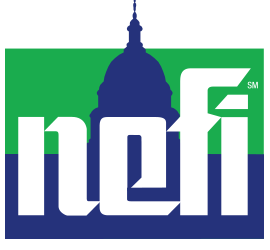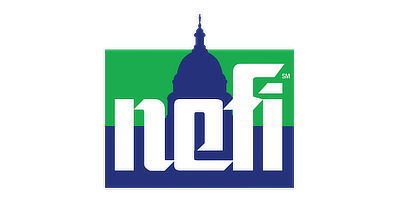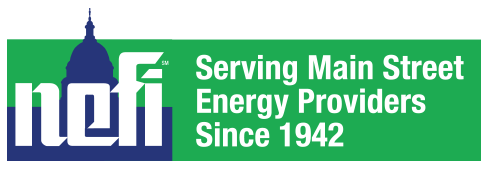Citing ongoing concerns with the flow of fentanyl and other drugs across the U.S. border, President Trump announced that tariffs on Canada and Mexico will go into effect on Tuesday, March 4. The state of the tariffs had not changed as this issue of NEON went to press late Monday afternoon.
The original plan called for 25% across-the-board tariffs on Canada and Mexico, with an exception for Canadian energy imports, which would be subject to a lower 10% tariff. The tariffs were subject to a 30-day pause just before implementation on February 4, due to a pledge by affected nations to step up border security and stem the flow of illicit drugs. However, Trump does not appear to be satisfied with their progress, adding that the tariffs would be imposed "until it stops, or is seriously limited."
In ordering the tariffs, the President cited authority under the International Emergency Economic Powers Act (IEEPA). The 10% tariff on Canadian "energy resources" is defined in the order to include "crude oil, natural gas, lease condensates, natural gas liquids, refined petroleum products, uranium, coal, biofuels, geothermal heat, the kinetic movement of flowing water, and critical minerals, as defined by 30 U.S.C. 1606 (a)(3)."
Last month, NEFI joined a national coalition of fuel industry groups in a letter to the Trump Administration outlining concerns that tariffs on Canada and Mexico will significantly affect the U.S. energy markets and could harm consumers. It is believed their combined efforts may have resulted in the lower 10% rate for Canadian energy.
Of note, a set of "reciprocal" tariffs affecting many nations is planned for April 2. In comments to the press earlier this week, Trump said a plan will soon be announced to impose a broad 25% tariff on imports from European Union (EU) nations as well.
It is impossible to say whether the President is threatening to move forward with tariffs to gain further concessions from Canada and Mexico. Both country’s governments believe they are meeting U.S. border security demands. If Trump’s tariffs are imposed, Canada has threatened to counter with a broad set of retaliatory tariffs but has so far ruled out targeting energy exports to the U.S.
As NEFI has previously recommended, fuel dealers should:
-
Review supply contracts for any force majeure clauses or tariff-related provisions
-
Contact suppliers to discuss how tariffs would affect existing agreements and how their businesses might plan for the possibility that tariffs will be imposed
-
Consider impacts on pricing agreements with customers
-
Consult with your business’ legal, accounting, and marketing professionals as you navigate these matters
Stay tuned for additional communications from regional and state industry associations and monitor NEFI publications and alerts for any further developments. Contact NEFI Regulatory Counsel Rick Schweitzer at rpschweitzer@rpslegal.com or (703) 946-2548 if you have any additional questions.

 Admin - 11:00 am -
March 04th, 2025
Admin - 11:00 am -
March 04th, 2025 








